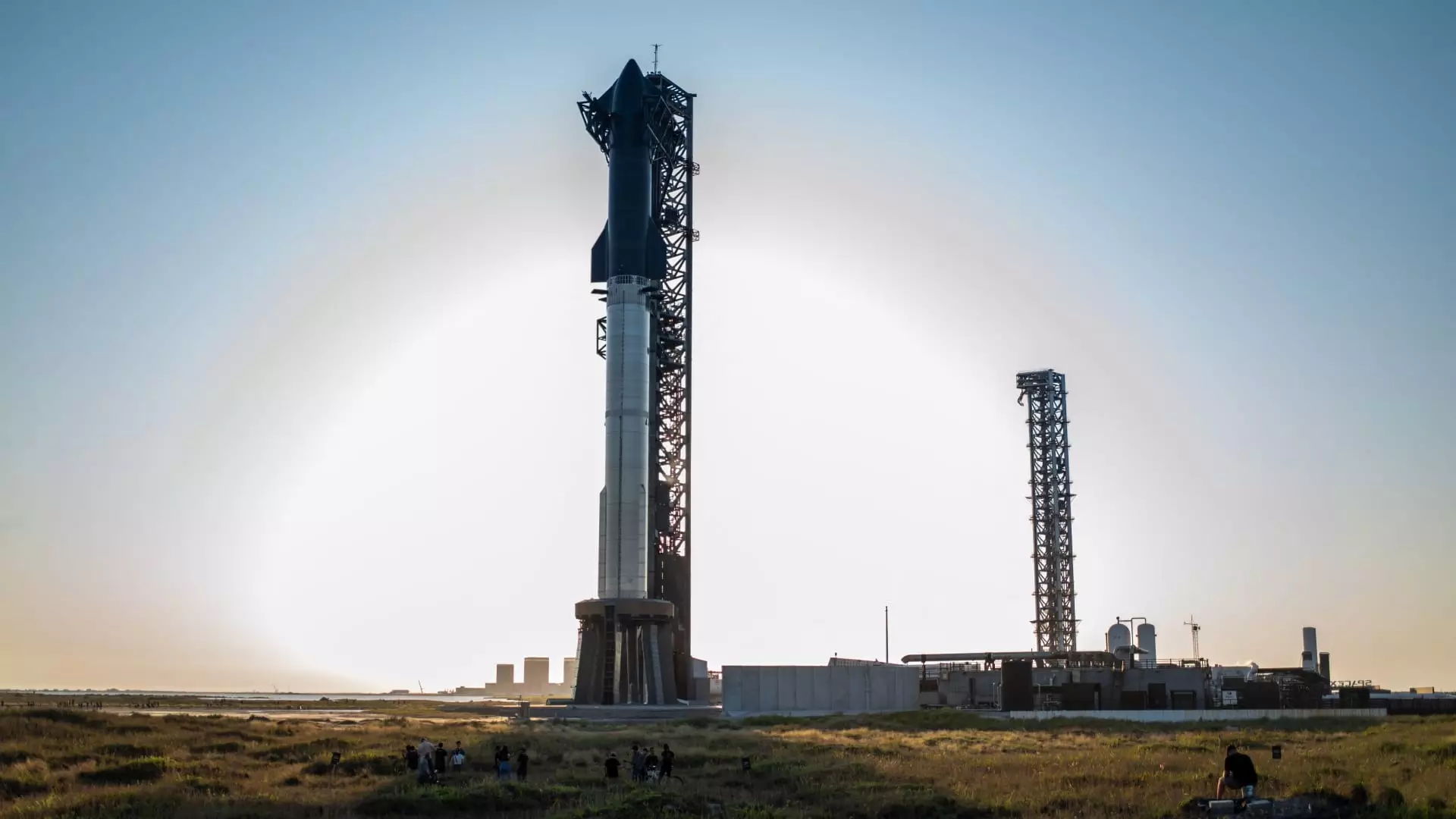In a surprising turn of events, the small Texas town of Starbase has officially emerged as a hub of corporate governance, primarily under the firm grip of SpaceX employees. The recent vote to incorporate the city has raised eyebrows, not just for its immediate implications, but for the underlying narrative about the increasing normalization of corporate power in local government. With 212 votes in favor and only six against, the apparent popularity of SpaceX’s business model reveals a troubling trend — can a town truly thrive when its leadership is handpicked from the very corporation that defines it?
What makes this development even more disconcerting is the unopposed nature of the election, reflecting a possible lack of genuine democratic engagement among the residents. It appears as though the local populace was either unmotivated or unable to present an alternative vision for their community. This entrenchment of corporate interest begs the question: who really benefits from this newly minted governance?
SpaceX’s Environmental Responsibility Under Scrutiny
Elon Musk may be lauded for his ambitious SpaceX projects, but the environmental ramifications of his company’s operations are becoming impossible to ignore. The incorporation of Starbase coincides with damning reports from the U.S. Fish and Wildlife Service about pollution and a “3.5-acre fire” that was exacerbated by SpaceX’s loose operational practices. As a center-right liberal, I find it imperative to raise alarms about environmental stewardship — increasingly rare in corporate strategies that favor short-term gains over ecological stability.
Moreover, the legal grievances pressed by environmental advocates and indigenous groups highlight the tensions between economic development and environmental justice. Lawsuits against SpaceX for violations of the Clean Water Act reveal that while rockets fly high, local wildlife and natural habitats are getting scorched in the process. The notion that SpaceX can operate with impunity simply because of its perceived economic contributions undermines the very principles of responsible governance.
A Town Owned by SpaceX
Starbase’s composition is overwhelmingly pro-SpaceX, and this raises critical issues around civic representation and accountability. The newly elected officials—Mayor Bobby Peden and commissioners Jenna Petrzelka and Jordan Buss—are all intricately linked to SpaceX’s corporate structure. Their relationships may compromise their ability to act in the best interests of the wider community, suggesting an absence of checks and balances essential for any local government. This monopoly on power is troubling; how can we trust decisions made in the town hall to serve the public when they likely serve a corporation first and foremost?
The troubling implications of this concentration of power extend beyond governance into the realm of social fabric. The absence of diverse voices in local leadership can limit innovation and responsive policy, reducing Starbase to little more than a corporate echo chamber.
A Disastrous Blueprint for the Future
The emergence of Starbase as a corporate town sets a dangerous precedent, suggesting that communities can become mere extensions of large enterprises. As the residents of Starbase may find themselves in a tug-of-war between following corporate mandates and advocating for their own interests, they face a disheartening duality. The question we need to ponder is whether Starbase will thrive under corporate rule or suffer from neglect due to its alignment with only one entity’s interests.
Elon Musk’s endeavors may excite certain sectors of the population — those enamored with innovation and progress. However, as someone invested in a balanced approach to governance and environmental integrity, I find the trajectory of Starbase concerning. Local governance should serve its residents, not a singular corporate entity, no matter how influential that entity may be.
Tomorrows are crafted by the decisions we make today, and fostering a culture that allows corporations to dictate municipal affairs won’t just harm environmental issues; it could very well erode the foundations of our democratic processes. The pivotal moment has arrived, and it’s time to scream alarm bells for more accountable governance at the local level. Transparency, dialogue, and public engagement must be prioritized before the story of Starbase becomes a cautionary tale for future generations.

